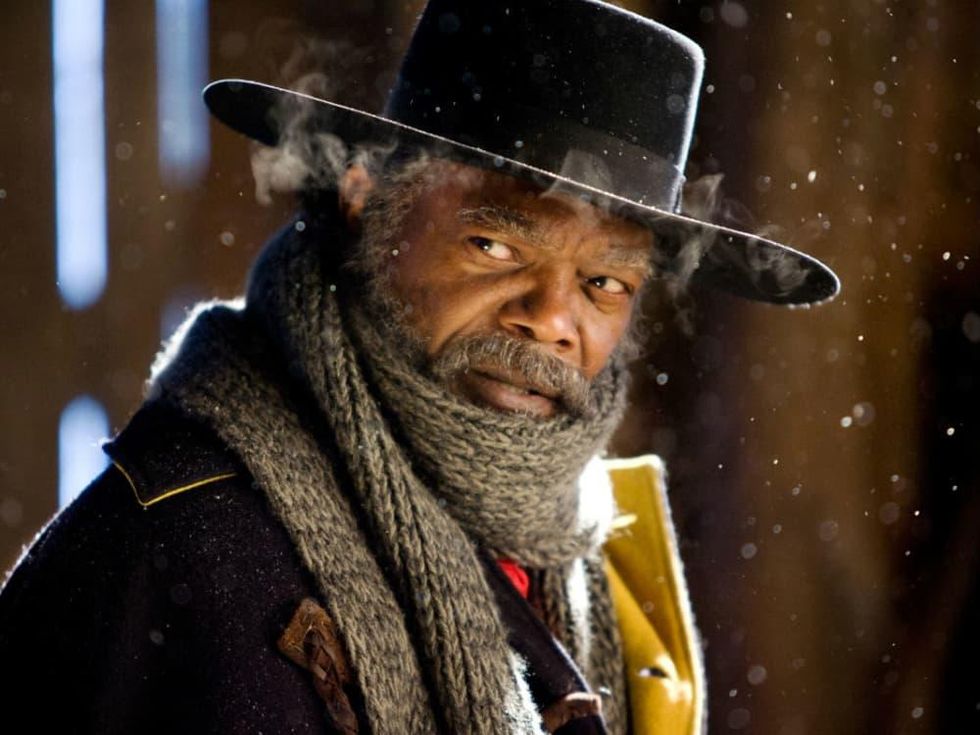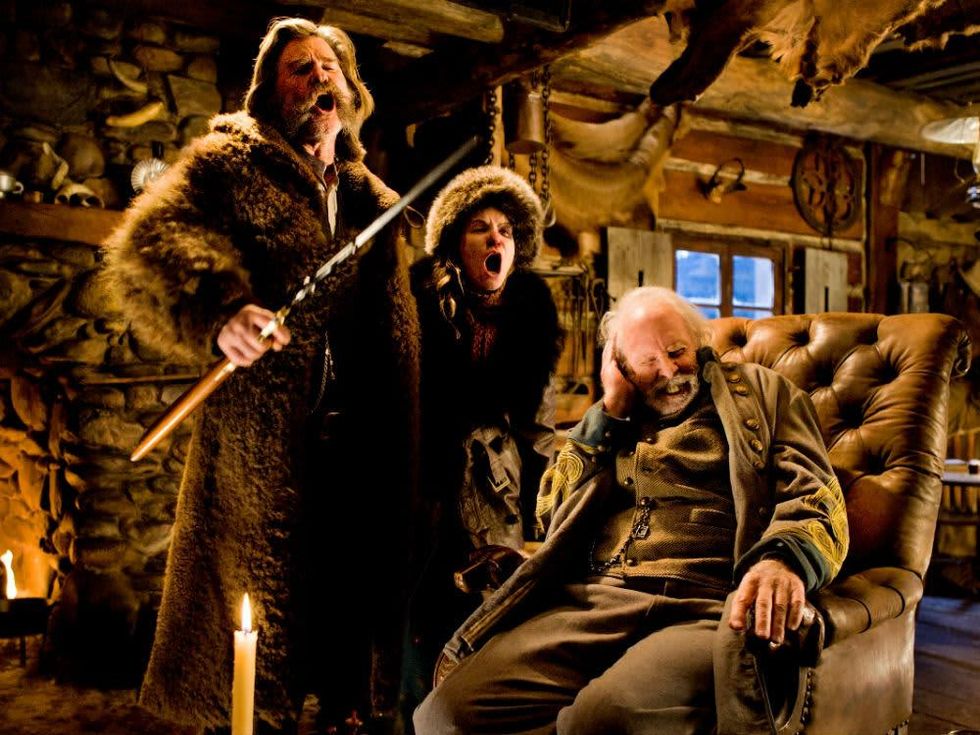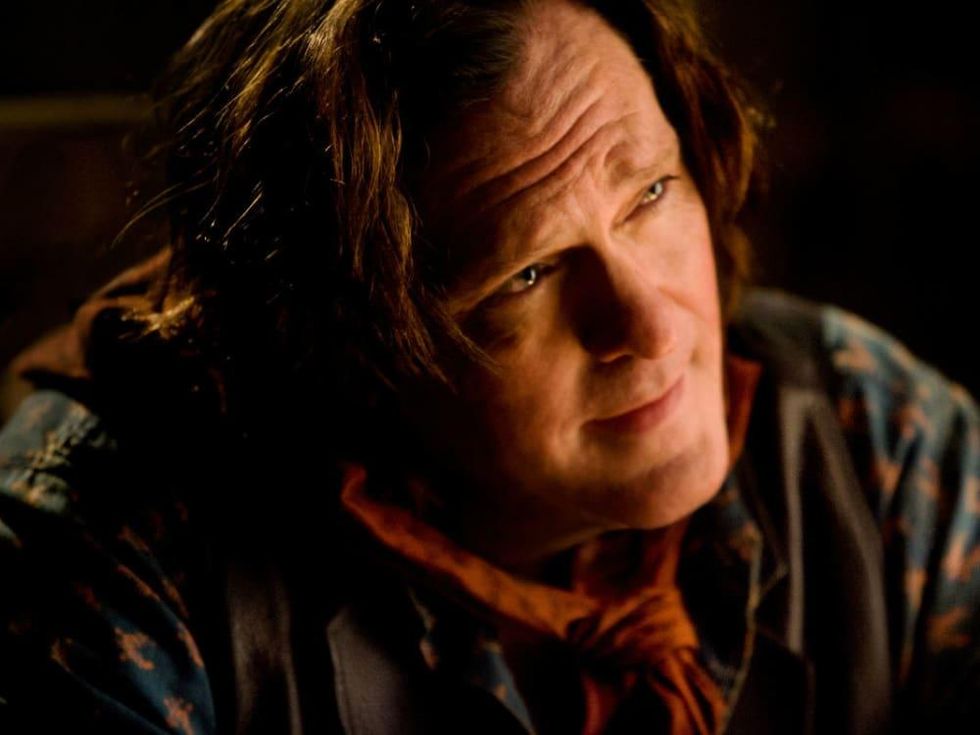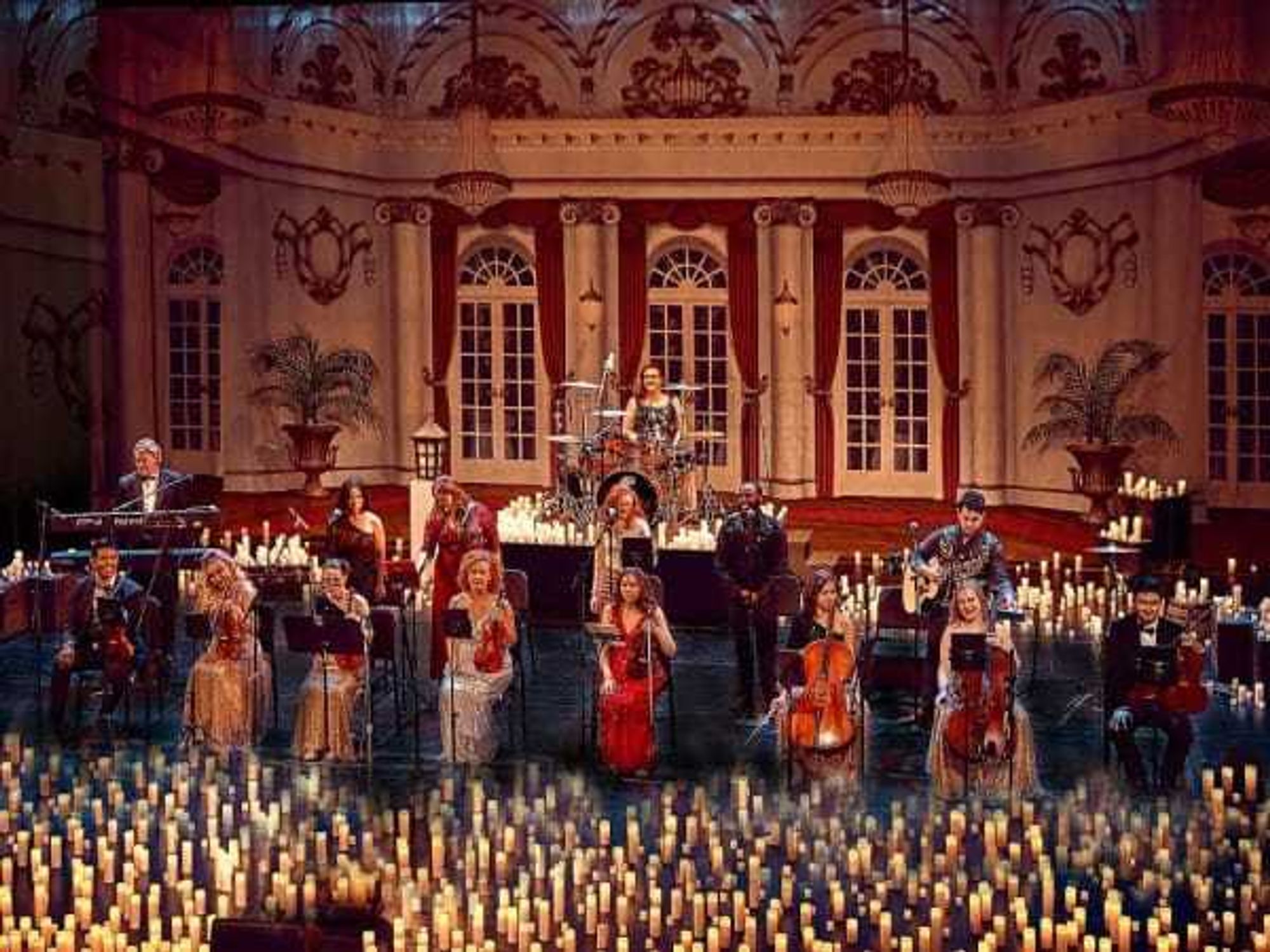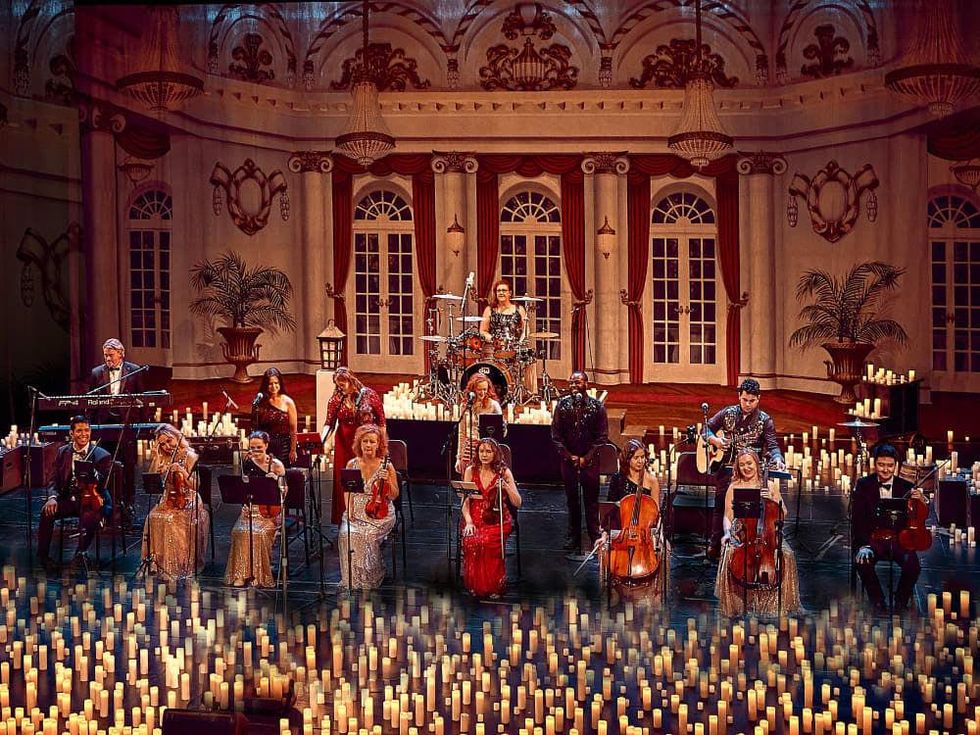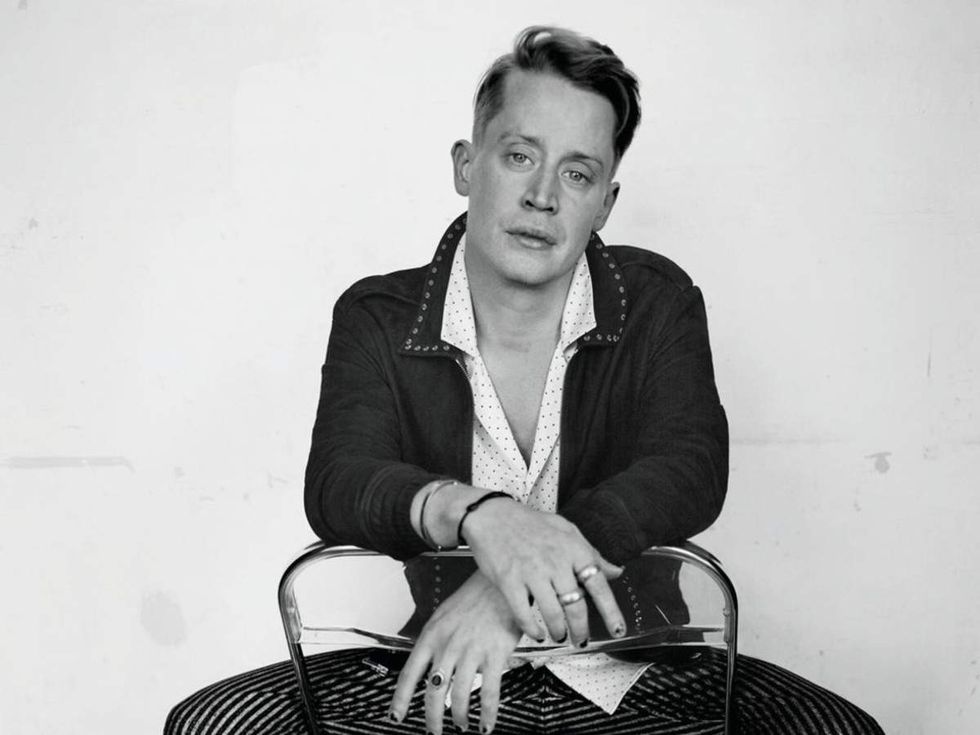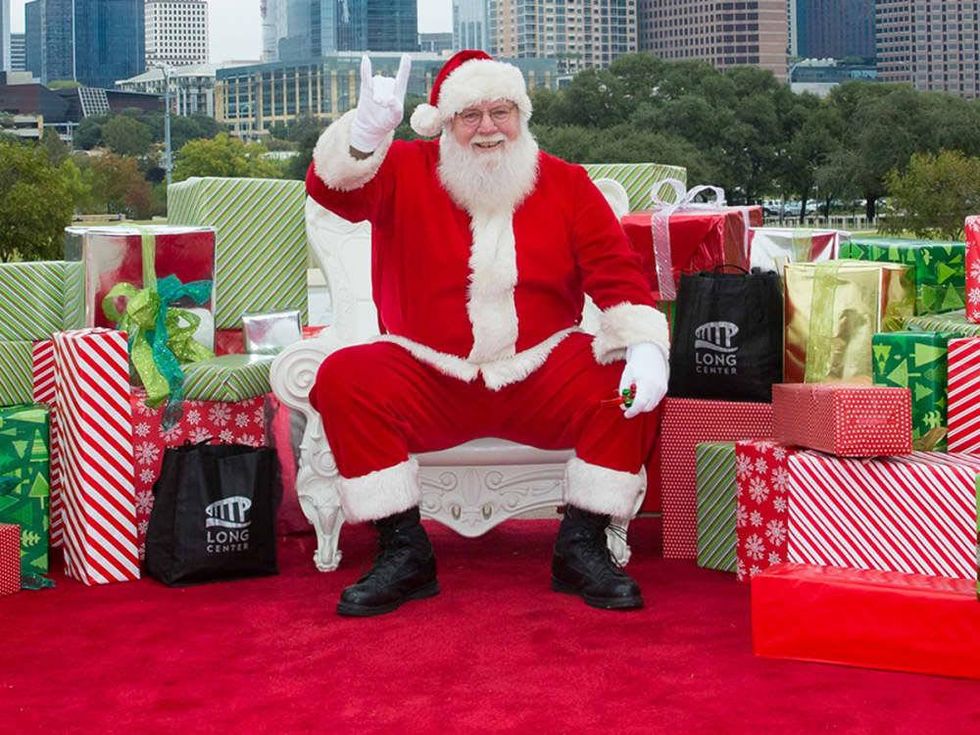Movie Review
Tarantino's self-indulgent The Hateful Eight delivers one hell of a ride
The place that writer/director Quentin Tarantino has carved out for himself in the film world — making what are essentially glossy Hollywood versions of 1970s B movies — has served him extremely well.
Although 2012’s Django Unchained was a Western of sorts, it was only a matter of time before he got around to truly paying homage to the Western genre, which he does with aplomb in The Hateful Eight.
Running around three hours, which includes a prologue and an intermission if you see the 70 mm roadshow version, the film is as sprawling as a story that mostly takes place in one room can get. The eight in question include two bounty hunters, John Ruth (Kurt Russell) and Major Marquis Warren (Samuel L. Jackson); Daisy Domergue (Jennifer Jason Leigh), a wanted criminal Ruth is transporting to be hanged; Sheriff Chris Mannix (Walton Goggins), the law in the town where Daisy is to be hanged; General Sandy Smithers (Bruce Dern), a Civil War veteran; and three other men — Oswaldo Mobrey (Tim Roth), Joe Gage (Michael Madsen), and Bob (Demian Bichir) — with possibly shady backgrounds.
They all come together at a place called Minnie’s Haberdashery in the middle of a blizzard, with no escape possible for at least two days. Ruth is convinced that one or more of the people in the room are there to free Domergue, and the mystery behind everyone’s intentions drives the drama and ups the suspense.
The film represents Tarantino at perhaps his most self-indulgent, in a mostly good way. As he is wont to do in most of his films, he breaks the story up into chapters, and he takes his sweet time with most of them, diving deep into characters in a way that few other filmmakers do. The first act consists of almost nothing but talking, and since Tarantino is renowned for his dialogue, it’s a smorgasbord of fascinating conversation that covers up the fact that pretty much nothing happens.
He makes up for that with a vengeance in Act Two, which is somewhat to the film’s detriment. Even though the plot leaves no doubt that there will be bloodshed, the way in which Tarantino goes about the bloodshed is considerably less elegant than his dialogue. Even for a man known for his visceral violence, he ups the gore significantly with this film, seeming to serve no real purpose than to keep true to the B movie aesthetics.
In addition to the stellar dialogue, what ultimately makes the film worth its long running time is the multiple ways Tarantino plays with camera angles and space in Minnie’s Haberdashery. He changes things up constantly, giving the audience different perspectives on the room and the locations of each character to maintain the film’s delicate balance.
Although multiple people deliver good performances, Jackson dominates the film. Tarantino gifts him with many great lines and a couple of entrancing speeches, and Jackson makes the most of every last one of them. Russell is nearly as good, although his glorious facial hair seems to do half the work for him.
Tarantino’s version of a Western is at once familiar and also wildly different. His style will never be for everybody, but for those willing to jump on board, he always delivers a hell of a ride.

